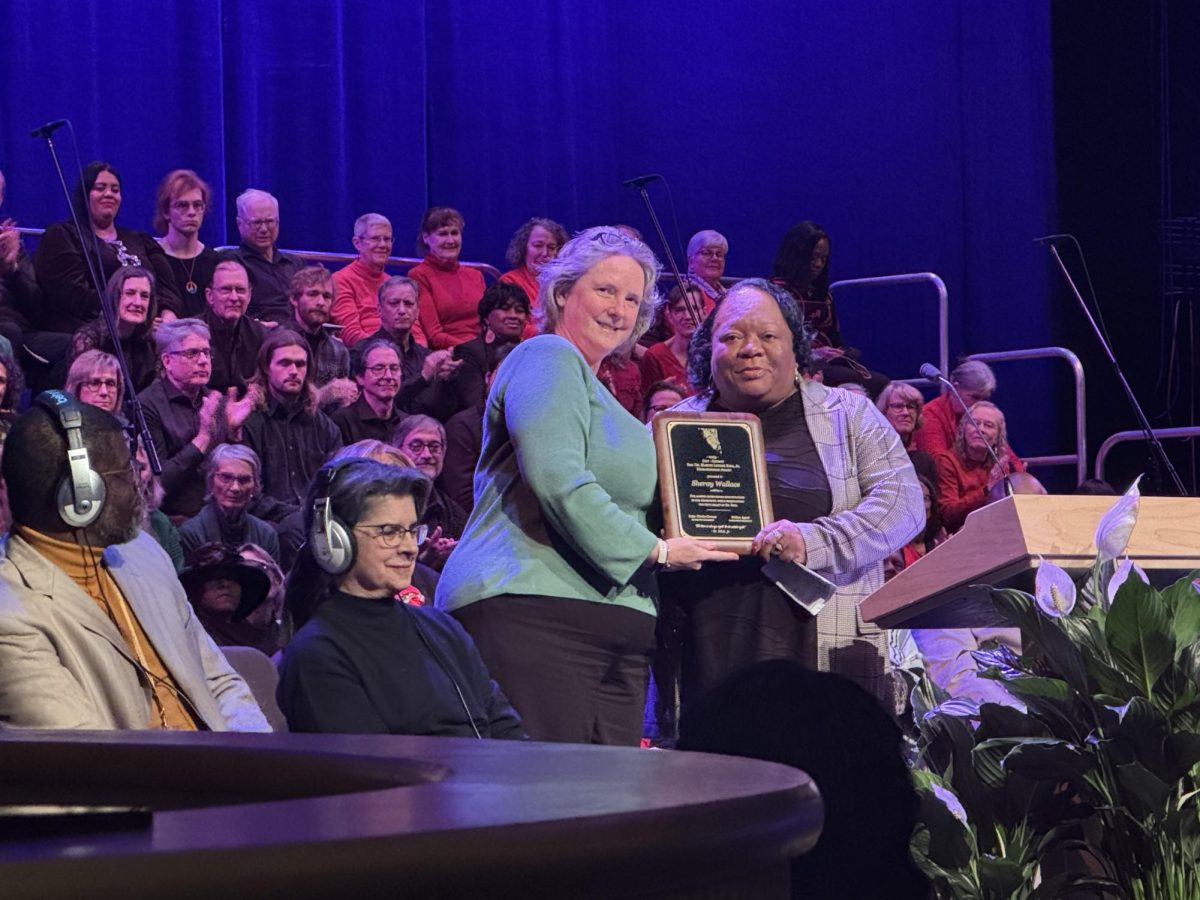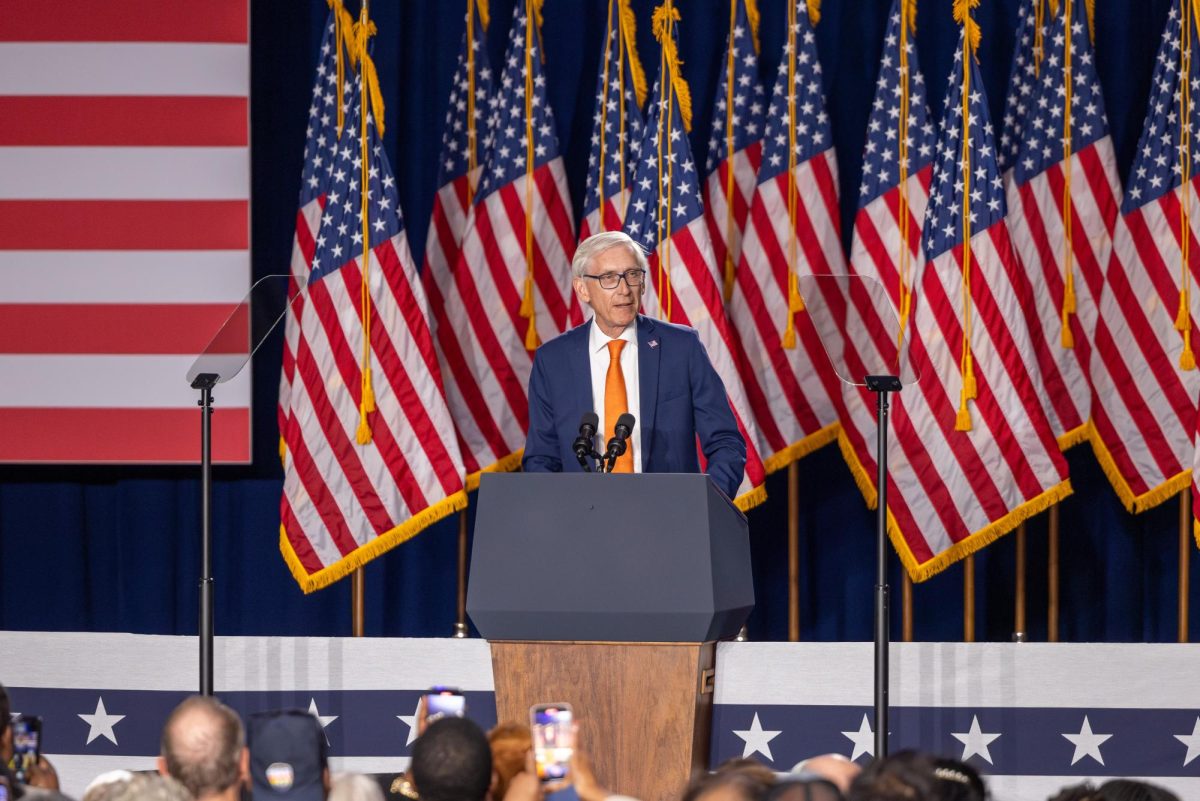A
Republican state legislator introduced a bill last week that would make it
illegal for cell phone users to send text messages while driving.
Sen.
Alan Lasee, R-DePere, said the rapid rise in text messaging in recent years is
a growing danger on the nation's roads and highways, prompting him to draft the
legislation.
Currently, Wisconsin's inattentive driving law prohibits a driver from being "so
engaged or occupied as to interfere with the safe driving of such vehicle."
Another provision also forbids televisions visible to
anyone in a front seat.
But
Lasee's law would specifically forbid text messaging, with much harsher
penalties than the current law's $20 to $40 fine for first-time offenders.
Under Lasee's bill, a first-time offender could face up to $400 if caught text
messaging while driving. If an injury resulted, offenders could be fined up to
$2,000 and would spend at least 30 days in jail.
"The
message is this is a practice that you don't do while you're driving, period,"
Lasee said.
According to a recent survey by the Cellular Telecommunications and Internet
Association, an international organization of wireless communications industry
members, text messaging has been increasing with the growing use of cell
phones. In 2006, 158 billion text messages were sent, almost twice the number
sent in 2005.
And
according to Lasee, a survey of 16- and 17-year-olds conducted by American
Automobile Association and Seventeen magazine found that 28 percent of young
drivers send text messages while driving.
Lasee said he was inspired to write the bill by recent accidents involving text
messaging, including the deaths of five New York girls who were killed in a car
accident after the driver had been sending text messages on the road.
Lasee
added the rising popularity of text messaging particularly among young people
means it's just a matter of time before a tragedy occurs.
"Kids in
schools — they all have cells, they all use text messaging, they're growing up
with it," Lasee said. "To them it's an activity that would be commonplace, to
hop in the car and start driving and sending messages."
Bonnie Sesolak, development director for drivers' rights organization the
National Motorists Association, said it is excessive to ban individual
behaviors that may lead to inattentive driving.
"There's
certainly a lot of other distractions out there as well," Sesolak said. "You
can't have laws for every specific thing. If we have a law against text messaging,
why not outlaw drinking coffee while driving?"
Text messaging needs its own law, Lasee said, because it is an activity that
requires drivers to take their eyes off the road in order to read messages and
punch keys.
Steve
Siglinsky, a recent University of Wisconsin graduate, said he agrees with
Lasee's observations, having seen it a number of times himself.
"I know
a handful of people who can text without looking at their phone, but not many,
and even if they can, it still takes attention off of the road," Siglinsky
said.
Even though Siglinsky occasionally sends text messages while driving, he said
he tries to minimize the danger.
"I
specifically choose not to text when I can call someone," Siglinsky said. "But
sometimes texting gets quicker results with certain people."







